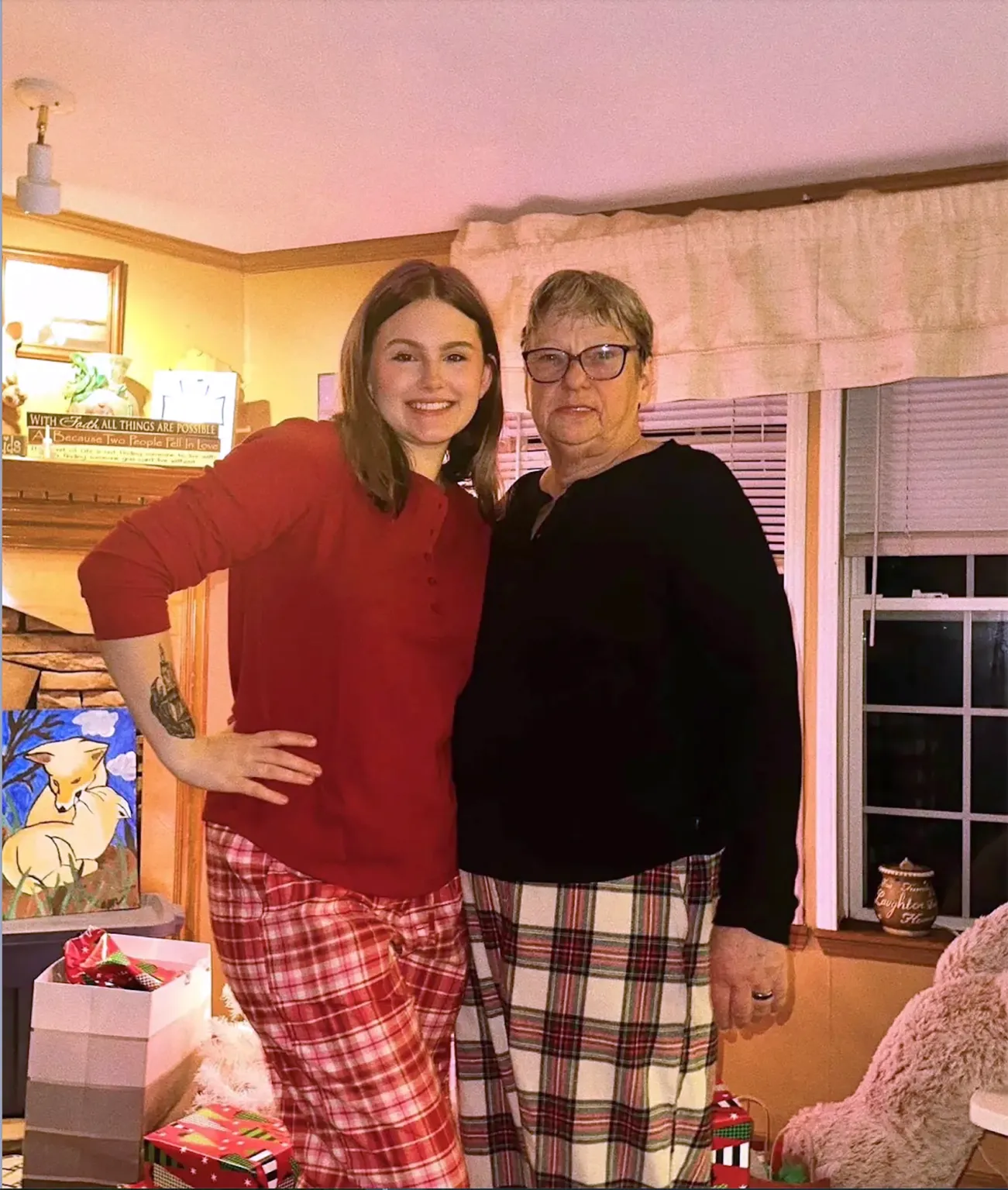West Virginia’s foster care system depends on grandfamilies. It does little to support their mental health needs.

Mountain State Spotlight by , January 29 2025. Many seniors already face more challenges, like poverty and health conditions. When grandkids are placed in their care, those problems can worsen and grandparents are more likely to need mental health help.
LOST CREEK – After her son was grown, police would wake Judy Utley in the middle of the night and ask her to take in her two grandchildren and their two half-siblings.
After a few months with her, they’d go back to their parents.
“Six months down the road, they were back at my house in the middle of the night, barefoot with no clothes,” Utley said.
Even though the kids were repeatedly dropped off there, she could never be fully ready.
Clothes she had purchased for them six months before no longer fit. And Utley, who lives in Harrison County, couldn’t afford to quickly meet all state requirements to keep them more permanently, like constructing an extra bedroom.
In a state with desperate need for foster families, West Virginia officials frequently tout the high numbers of kids placed in kinship families, meaning in the care of grandparents, other relatives or close family friends. But relatives face more mental health strain than other caregivers, and state health officials don’t offer the extra assistance these caregivers need to help themselves and the children in their care heal.
On a moment’s notice, kinship families take in children who’ve been through traumatic events like abuse and neglect. Older caregivers, like grandparents, are also more likely to face existing challenges, like living in poverty with their own health struggles.
And grandparents are also likely to experience guilt and shame over their own children’s parenting failures, according to multiple studies and federal data. Those findings are compiled in a comprehensive report released in 2023 by the nonprofit group Generations United and its Grandfamilies & Kinship Support Network.
At the end of December, the state had more than 3,000 kids in kinship foster care. But many grandparents are raising their grandchildren outside of the state’s system. In 2023, grandparents in 16,000 West Virginia households said they had responsibility for their grandchildren, according to the U.S. Census data.
Read more from Mountain State Spotlight.




